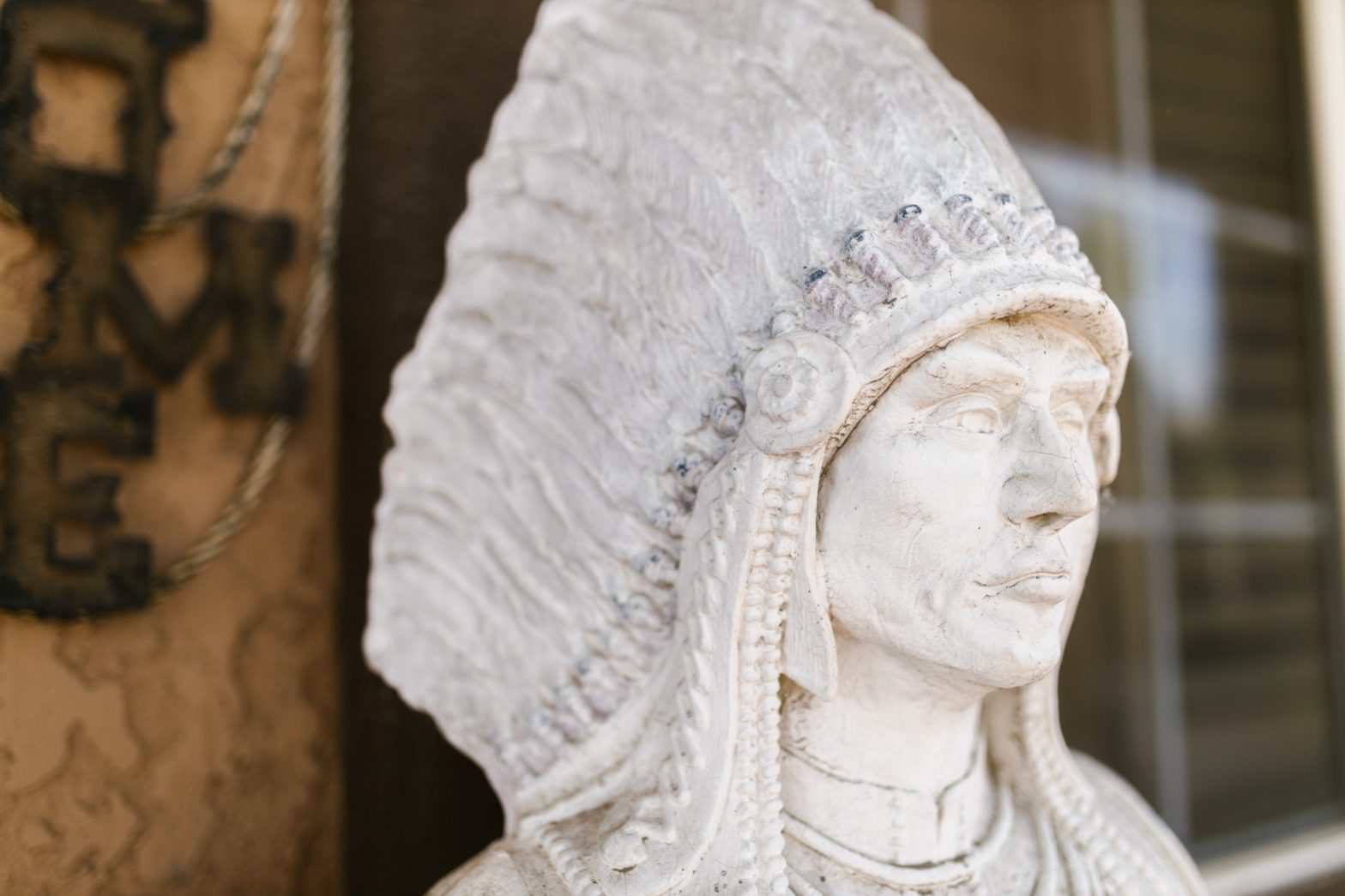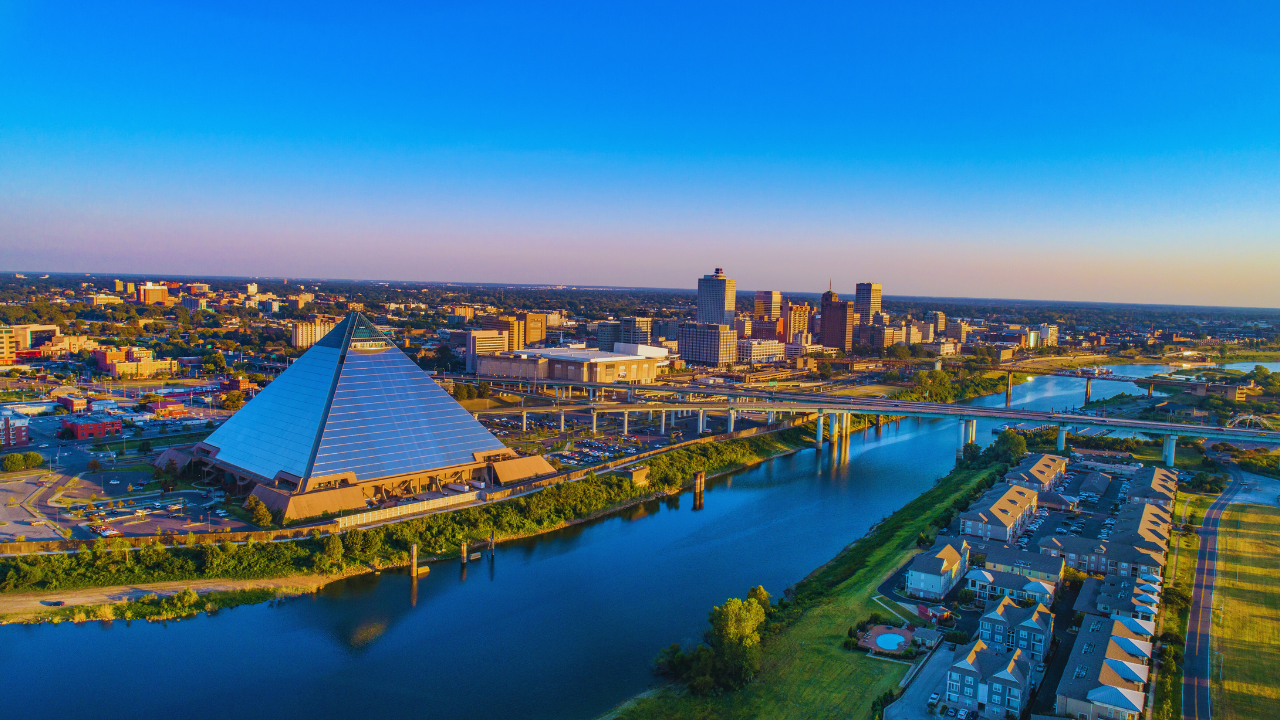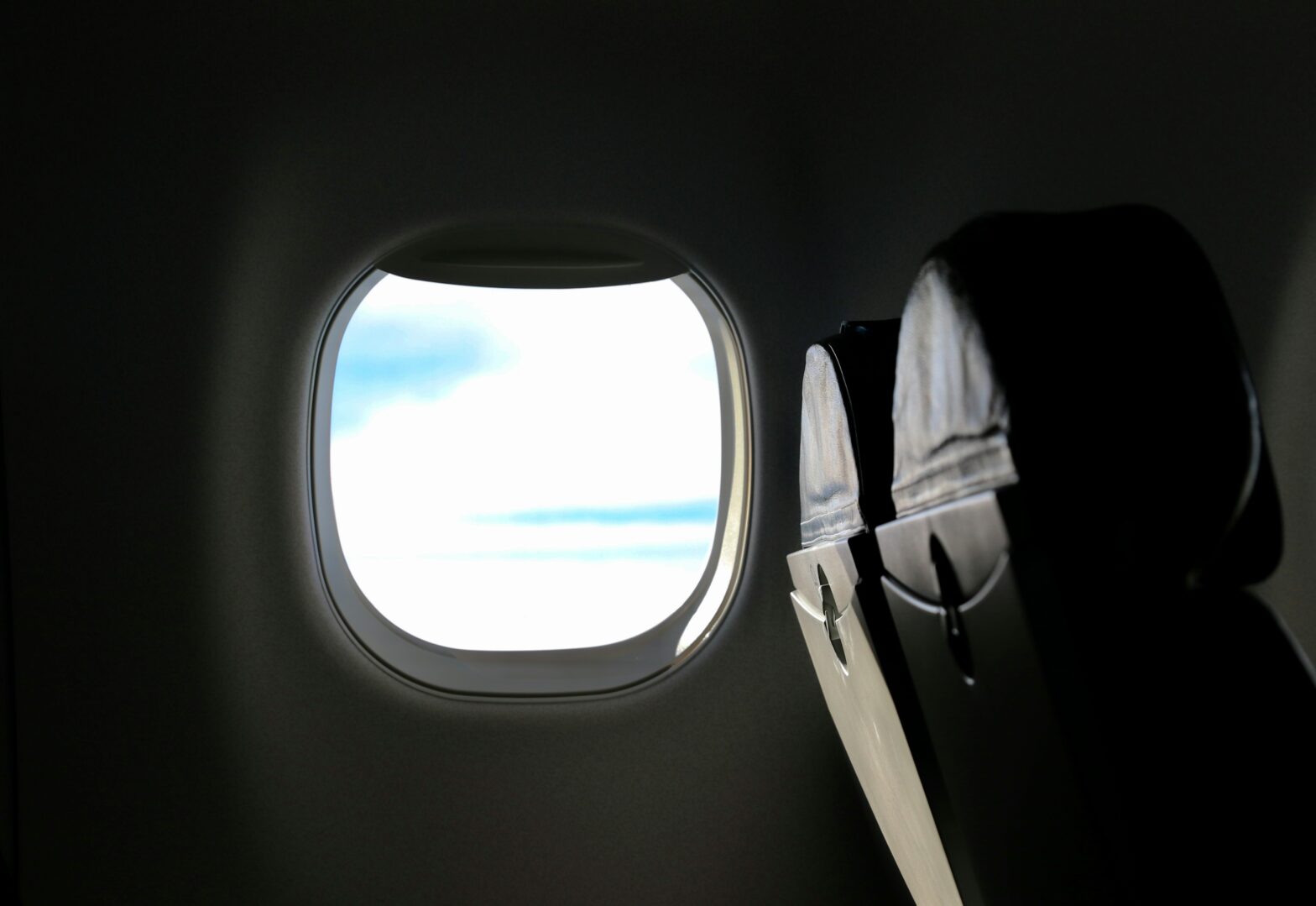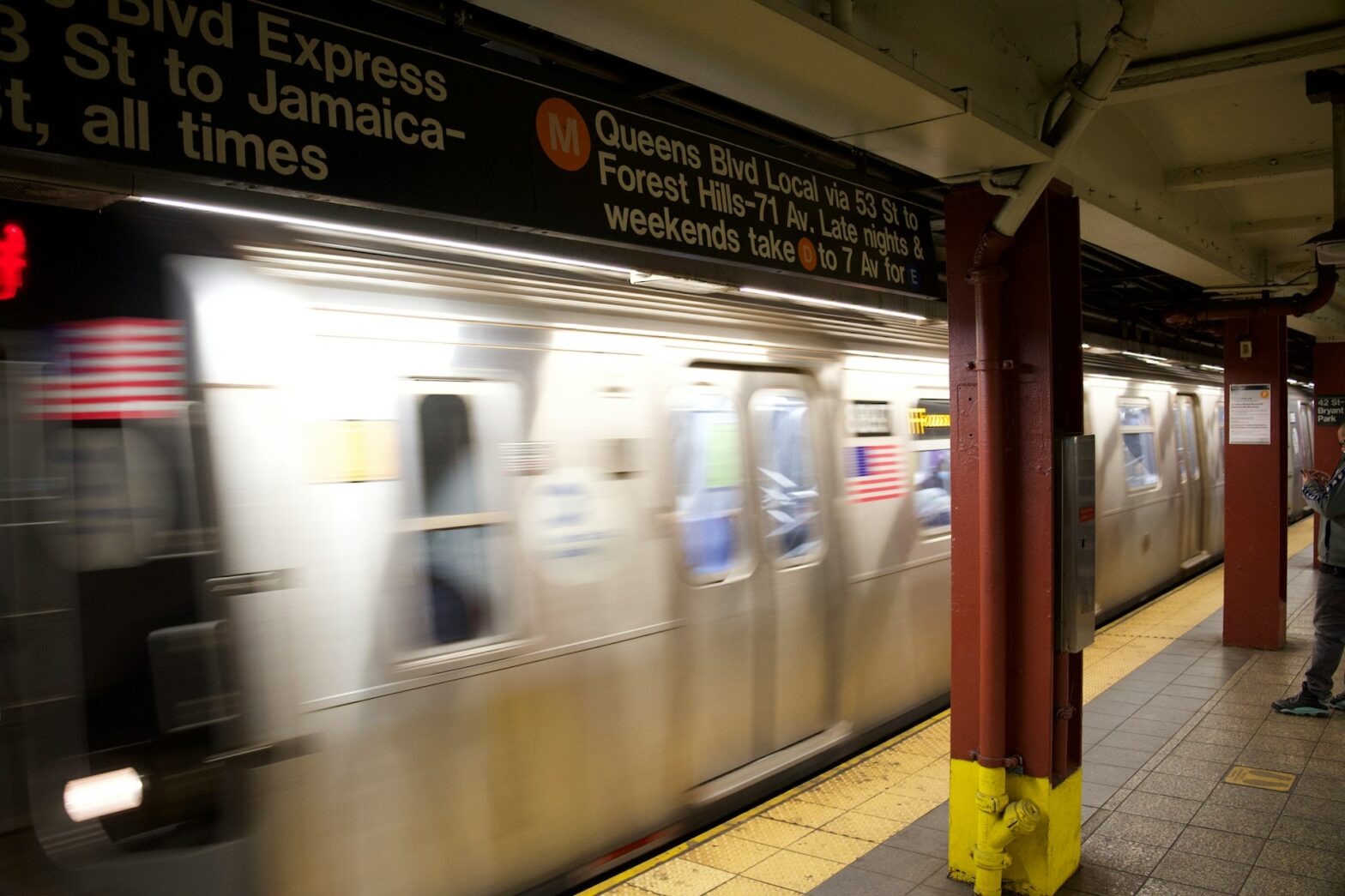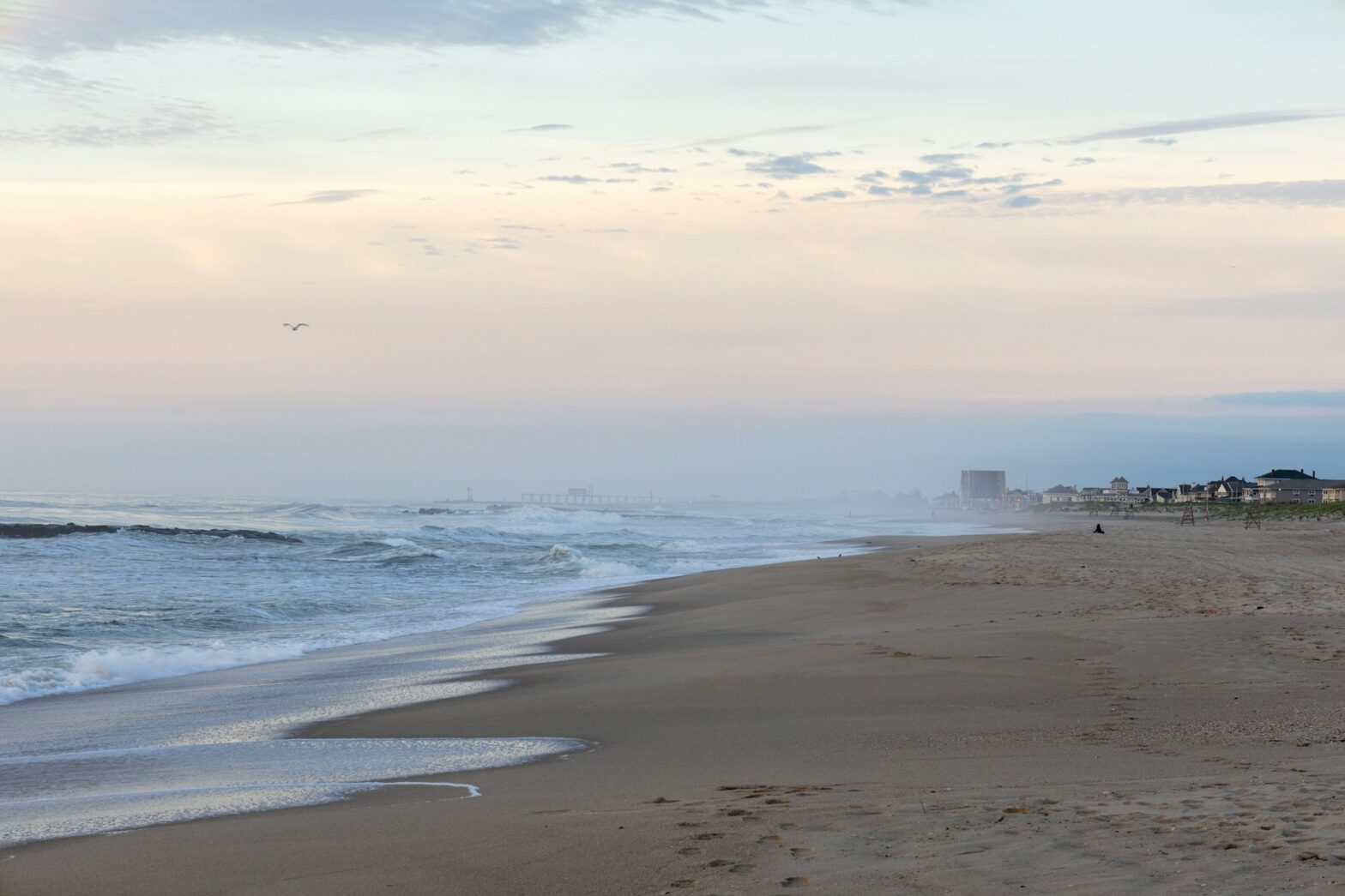One mother’s Facebook post showing her cutting her son’s hair to work as a commercial pilot is going viral. The profile named Patti Jakes posted a series of photos with a caption detailing the emotional experience. He was starting commercial pilot training the next day and the airline refused to let him wear his hair in a traditional Navajo bun.
The family gathered together to have a hair-cutting ceremony for Dakota. The images showcased the pain the young man felt as they cut his hair. His family took turns tearfully cutting portions of his long hair as he cried out from his chair. A powerful symbol in Navajo culture, Dakota’s hair represented so much more beyond his physical appearance.
Still, his family supported his decision to move forward with the hair cutting as he prepared to become a pilot.
“Proud of the sacrifices he is making to move forward with his life, and sad the airline couldn’t see the value of honoring the culture,” Jakes said in her post.
Users have shared screenshots of the original post across multiple platforms. They are outraged the young man had to choose between his culture and his career. Some wonder why the Crown Act wasn’t enacted to protect Dakota. However, the act hasn’t passed on a federal level. So appearance standards are in the hands of the airlines.
A serious matter that questions the inclusivity of the aerospace industry, Dakota’s hair cutting shines a light on prevalent issues. TN investigated the importance of hair in Navajo culture and how appearance standards impact diversity in the airline business.
The Memories Held In Hair
In the US, people cut their hair literally every day. Whether it’s for style purposes or a fresh start, it’s not uncommon for someone to grab the shears and get clipping. However, some religions and cultures place a high value on the importance of one’s hair. This was the case with Dakota Jakes.
In an editorial piece for Indian Country Today, writer Jacqueline Keeler reflects on how Navajo Native Americans believe their hair holds their memories. Keeler recalls her relatives braiding and intertwining her hair on her wedding day. For years, her family had brushed, combed, and braided her hair. The memory of their care and their love lived and breathed within every strand flowing from her head.
For Dakota, his entire life was wrapped up in those strands. His mom’s photos depicted the grief he felt as his hair was cut through a melancholy, bittersweet lens. It was evident he was excited about this new journey as a pilot. But the realization that everything he’d known was being cut away tore him apart.
Similar to Dakota’s story, Keeler described how a young Navajo boy in Texas was forced to cut his hair to start kindergarten in 2018. The school described his hair as “disruptive or distractive to the school environment” and ignored his family’s request to keep his long, braided hair. Keeler said while it is common for Navajo people to cut their hair to enter more into mainstream culture and jobs, it should always be their choice.
Unfortunately, the airline Dakota was training through stood firm on their appearance standards and rules for commercial pilots. While the post did not mention which airline Dakota was joining, many users speculated in the comments. However, every airline is different when it comes to setting appearance standards for their pilots and flight staff.
Appearance Standards Vary Based On The Airline
Every airline has different regulations on appearance standards and dress codes. However, there are a lot of commonalities between them all.
In September 2021, United Airlines announced that they would be introducing new appearance standards designed to be more gender-inclusive and supportive. Some of the changes included allowing visible tattoos smaller than their ID badges, shoulder-length hair being able to be worn down, and allowing all employees to wear nail polish.
Unlike other airlines, Virgin Atlantic doesn’t have any restrictions on the length of hair for pilots. While all staff members must maintain a professional appearance, hair length does not play a factor in the hiring or job-retention process.
“The only thing we say is that hair should be neat and styled,” said Virgin Atlantic PR Manager Louise Gallagher. “Pilots can choose to wear their hair up or down. We would never force an individual (male or female) to have their hair cut short.”
In a thread in the Airline Pilot Life online community, many pilots expressed how long hair was unacceptable for male pilots at American Airlines. Some users compared the strict appearance rules for male pilots to officers in the military. In a similar Reddit thread, user Hannah who describes herself as a pilot mentor believes airlines think passengers judge the professionalism of the pilot based on their appearance.
“Airlines take professional appearance very seriously because the passengers can and do often judge your abilities by how you look,” she said. “It’s also a reflection of the company they chose to fly with.”
However, is long, well-groomed hair a sign of unprofessionalism? Whereas professions like healthcare have deemed it acceptable to wear long hair, some airlines have not; leaving many to have to choose between their individualism and taking to the skies.
A Blatant Lack Of Inclusivity
Initiatives like the Crown Act are calling out a lack of hair inclusivity in corporations and workplaces across America. Discrimination in the workforce based on hair has long been an issue in many industries for a long time.
For Dakota, his hair was locked in with his Navajo culture. It held his deepest memories and was present for every moment of his waking life until he decided to become a pilot. But many others in the American workforce experience hair discrimination simply because they wear braids, locs, and even religious hijaabs.
Created in 2019, the Crown Act plans to eliminate hair discrimination and make sure citizens are protected against it based on race at work and in schools. Many states including Louisiana, Massachusetts, and 16 others have enacted the Crown Act. However, until it passes on a federal, workplace appearance will continue to be regulated by individual airlines.
A spokesperson for Delta Airlines said the company is committed to evolving its policies to be more diverse and inclusive.
“Delta is committed to providing a safe and inclusive environment for both our passengers and our people,” the spokesperson said.
“We are constantly evaluating our policies, including our pilot appearance and uniform wear standards in partnership with our Diversity, Equity & Inclusion Steering Committee, for opportunities where we can be more inclusive.”
Discrimination and a lack of inclusivity are no strangers to the aerospace industry. Yet some airlines are making changes and encouraging more diversity. Some online users felt like Dakota’s hair cutting shouldn’t be a major deal. Yet in a world where inclusivity and respect matter, requiring someone to cut their hair, despite religious preference or personal choice, for a job is unfair.
